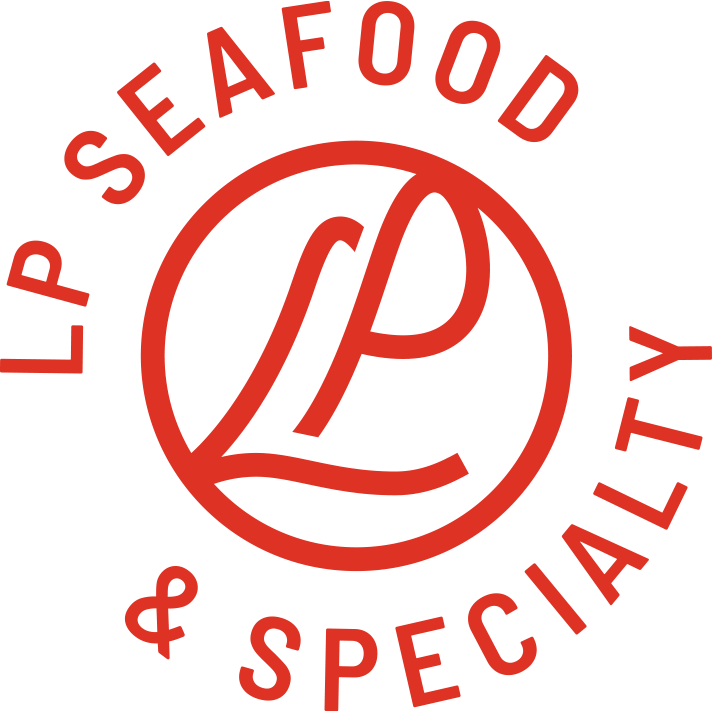“Cipriani always works with the best suppliers with the best products. LP Seafood & Specialty is one of the top tier fish suppliers in the city.”

“For me, the biggest thing is the relationship I have with Lobster Place. The sales team, the drivers, the quality production team. Over the years, we’ve stayed close and they’ve always been very helpful on special requests and unique products that I’m always looking for”
- Ali Saboor -
Chef & Owner
Eyval Restaurant

“There’s no other purveyors that really give us that consistency that Lobster Place gives us. That relationship between purveyors to the seafood handlers, the delivery people. It’s so warm, and that value and trust keeps us tight and up and running”
- Leona Panganiban -
Executive Sous Chef
Jeffrey’s Grocery

“I love working with Lobster Place because everything is significantly fresher, all of my orders are always on time, and everyone is really helpful there...What I really love, too, is all the new specialty products they’re bringing in. It’s really brought a whole new element to our menu.”
- Jaime Kenyon -
Executive Chef / Partner
Bottino

“Mercer Kitchen always works with the best suppliers with the best products. Lobster Place is one of the top tier fish suppliers in the city. Their product offerings are vast and the freshest. Their customer service is fantastic, it is a pleasure to work with them.”
- Chris Beischer -
Executive Chef
Mercer Kitchen

“I’m picky. We only buy the freshest and highest quality fish from people we trust. Lobster Place has been a valuable and reliable partner. I work with them daily to source sustainable, high quality MSC, ASC, and BAP certified fish.”
- Jonathan Roode -
Director of Purchasing
Great Performances














